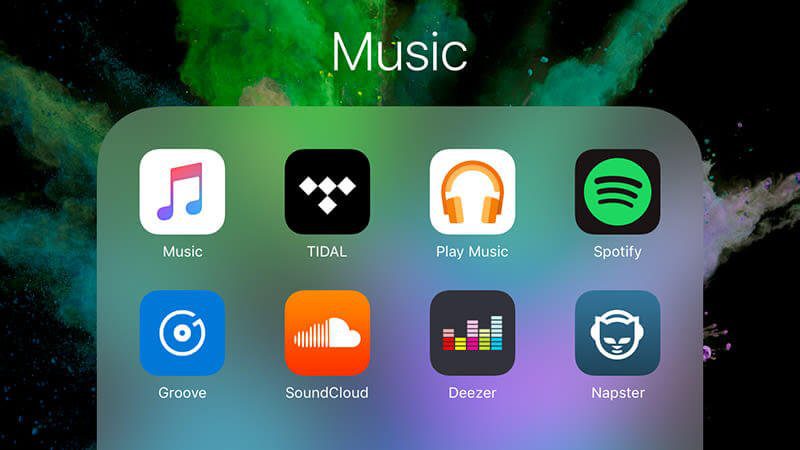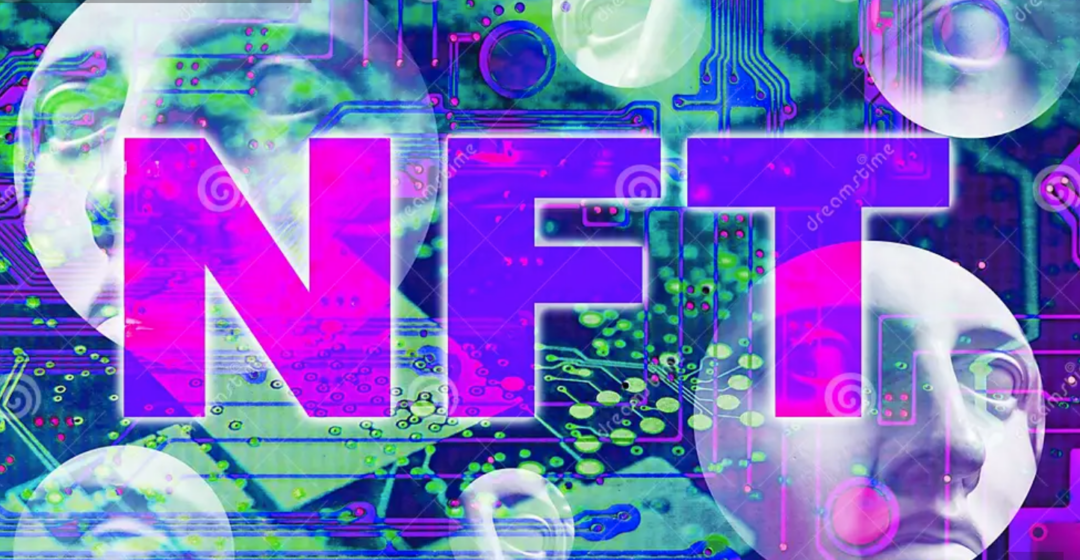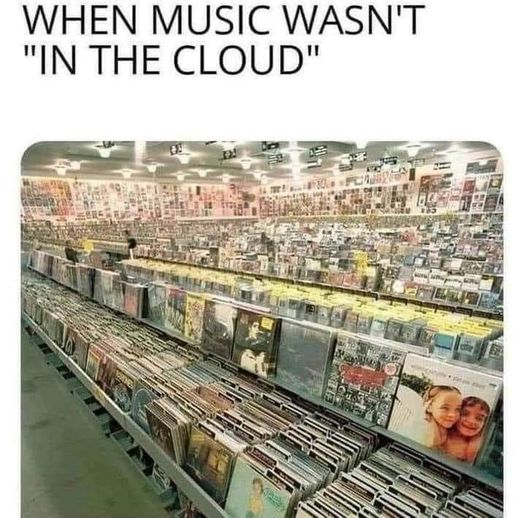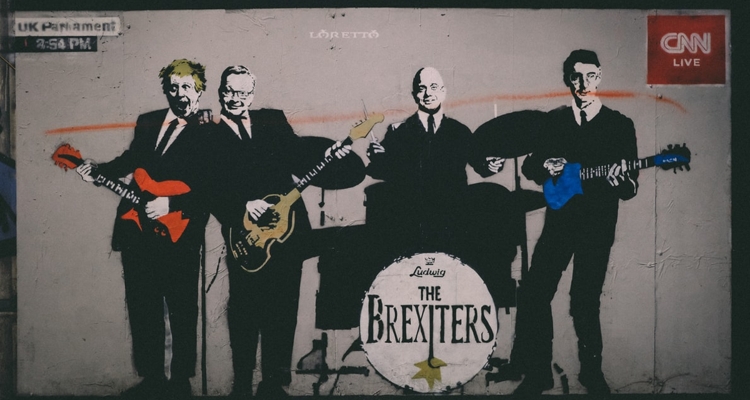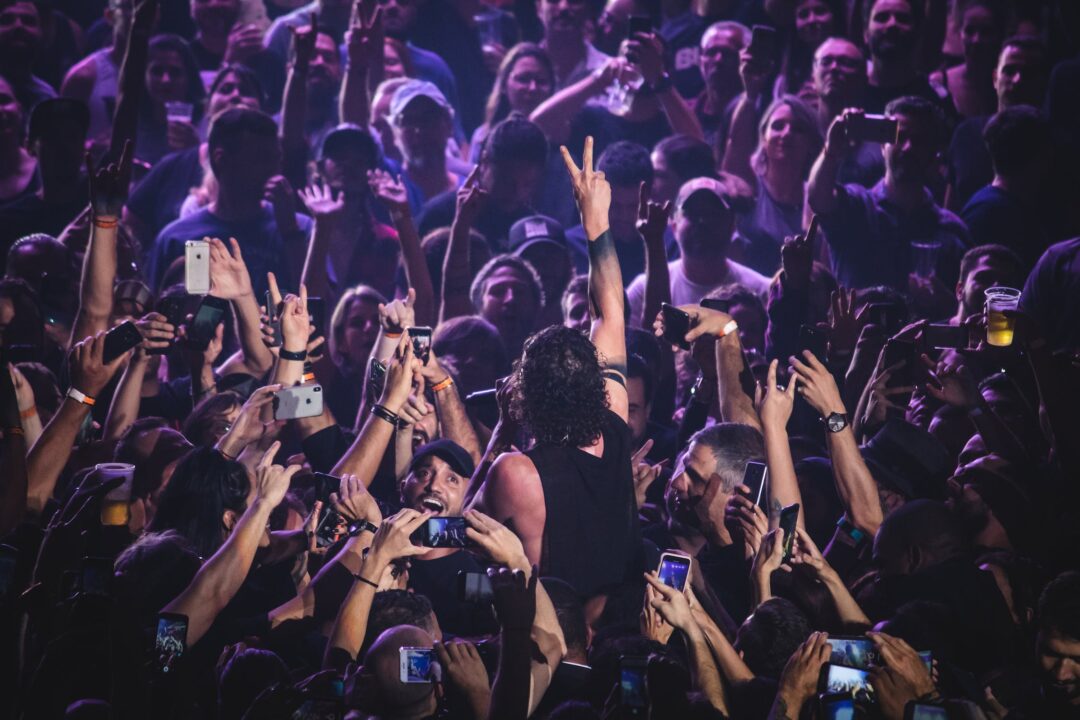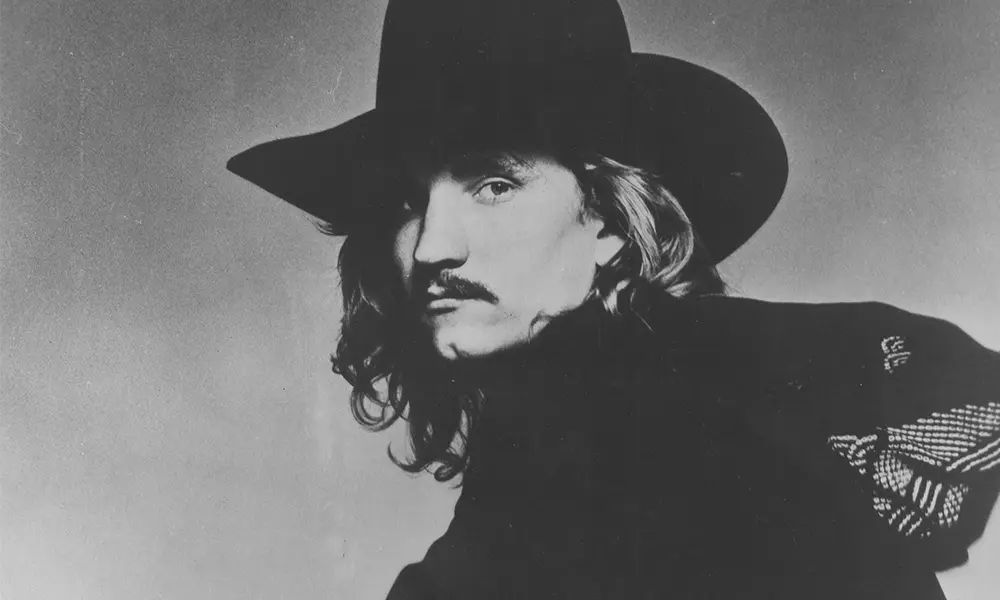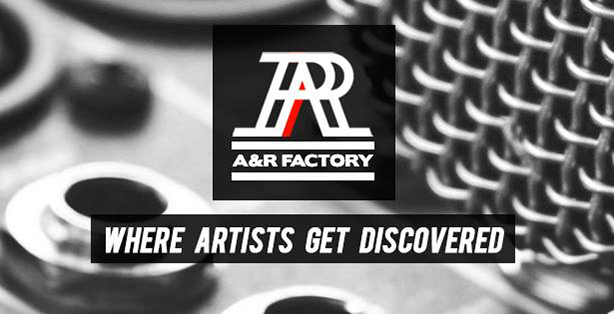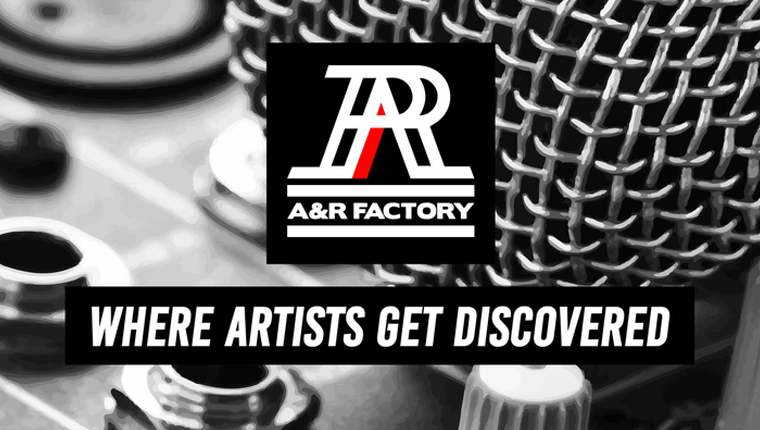Discover the latest music trends and insights with A&R Factory. Stay informed and inspired as we explore the dynamic music industry landscape where we cover the latest music industry trends, analysis and predictions in the industry. Whether you’re a music enthusiast or industry professional, A&R Factory is your go-to source.
Streaming is King: Here’s How to Conquer the Domain in 2023
Posted on 17 September 2023As streaming platforms, such as Spotify, which continues to reign supreme in 2023 with a dominant market share, reached saturation point a long time ago, independent artists have a seemingly impossible task ahead of them if they want to hit the ground running with their new releases and become popular playlist staples.
Perceptibly, battling it out on the streaming platforms themselves has become futile. New uploads are just a drop in the ocean, and it is enough to make the era of indie landfill in the 2000s and 2010s seem like a euphonic utopia of opportunity. It is no surprise that given that we thought music was derivative then, we are positively dejected by the prospect of an industry where millions of banal hits pile onto the airwaves each year.
So, what’s the remedy?
It may be the case that streaming platforms are proliferated by hack hobby musicians, and there isn’t a lot that can be done to prevent their access to streaming platforms. But for professional musicians worth their salt, there is everything left to gain in the industry. Well, relatively. New up-and-coming artists who have any true staying power in the charts have become sonic unicorns. Especially with the disappearing phenomenon of the mainstream music industry, but great music, which is marketed as masterfully as it was made, still has a fighting chance. Especially for artists willing to harness fan power.
Marketing your music outside of streaming platforms has become crucial to making an impression. Or at least achieving streaming stats and monthly listening figures that don’t want to make you throw the towel in. If you’re searching for the average number of followers, monthly listeners, or streams you need to be regarded as a success in the industry, you might as well be looking for the average length of a piece of string. There is no fixed number that you can achieve that will signify that you’re a success – unless you’re Bad Bunny, Taylor Swift, Drake, or the Weeknd, that is.
Streaming stats boil down to several factors. From whether your genre or style thrives on streaming platforms to how much money you throw at a pre-release campaign. It isn’t always a case of the best artists being the ones to send their streaming stats through the roof. Therefore, streaming stats aren’t yardsticks you should use to determine your worth as an artist.
This article will highlight up-to-date streaming platform stats to show you what you are up against as an independent artist, before suggesting some of the ways you can ensure your new releases rack up the streams and garner fans who will support you away from streaming platforms – which is where the real revenue streams will start to flow.
2023 Music Streaming Stats
To conquer your enemy, it pays (in this instance, $0.003 – $0.005 per stream on average) to know them. To understand the music streaming market in 2023, we have collated a list of streaming platform stats:
- 10,000 – 50,000 monthly listeners will help you earn $100 – $600 each month.
- The Weeknd and Taylor Swift are the only artists to break the 100 million monthly listeners mark on Spotify with 106.89 and 100.91 monthly listeners, respectively.
- Ed Sheeran and Ariana Grande are the most followed artists on Spotify with 115.03 and 93.76 followers, respectively.
- As of September 2023, Spotify holds music from 11 million artists; their music is listened to by 551 million active monthly listeners.
- The rate of Spotify uploads continues to soar in 2023, with an average upload rate of 120,000 per day.
- You would need 625 million subscription streams or 1.875 billion free streams to achieve gold certification on streaming platforms alone. Which is infinitely higher than the 500,000 album or single sales you would need away from streaming platforms.
How to Increase Streams on Independent Releases
When it comes to streaming platform stats, remember that everything is relative; your milestones should always be set based on your current standing in the music industry and what is possible based on your marketing budget. By setting attainable instead of lofty and ‘in a perfect world’ goals, you will have something to push for and celebrate to achieve.
Here are some of the best ways to maximise the success of your singles, EPs, and albums across streaming platforms:
- Value user-generated playlists as much as Spotify-curated playlists. Read our guide to getting playlisted here.
- Start marketing your new releases and pushing your pre-save links across all your social media accounts six weeks ahead of the release date and create unique content to make the countdown interesting.
- Collaborate with artists who already have a strong presence on streaming platforms or partner up by curating your own playlists.
- If you have a strong enough social media presence, consider paid advertisements on Facebook and Instagram.
- Link up with pluggers, and promoters who have a track record in maximising streams.
–
For more inside views into the music industry and tips on how to take your music marketing campaigns to the next level, keep following our blog, or get in touch for one-to-one sessions with our award-winning A&R team.
Of course, you can always boost your streaming stats by submitting your demo to our top 10 UK music blog, which is heavily frequented by staunch music fans and industry figureheads, who are always scouting for fresh talent.
Article by Amelia Vandergast

